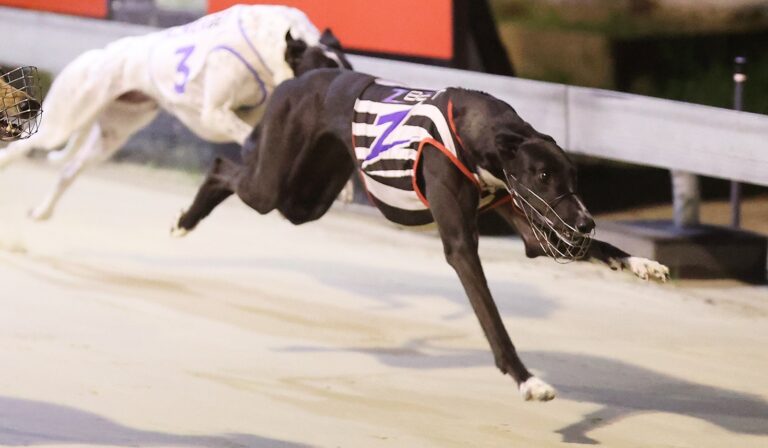Canine Coronavirus Strikes Queensland Greyhounds
QUEENSLAND greyhound racing is on high alert with the startling news that greyhounds have tested positive to the Canine Enteric Coronavirus.

QUENSLAND greyhound racing is on high alert with news that greyhounds have tested positive to Canine Enteric Coronavirus.
Over the past week, veterinarians from the Queensland Racing Integrity Commission (QRIC) have carried out tests on several greyhounds in south east Queensland suffering from gastroenteritis.
"The results have confirmed all dogs (tested) to be infected with Canine Enteric Coronavirus," the QRIC statement read, adding that the current canine outbreak isn't to be misunderstood with the ‘novel coronavirus' causing respiratory illness in people.
"Some dogs also tested positive for a mixed or secondary infection with Clostridium perfringens. All dogs were negative for Parvovirus."
Racing Integrity Commissioner Ross Barnett said testing confirmed the presence of a current Canine Coronavirus outbreak in greyhounds in the South East of Queensland.
"Greyhounds are presenting with mild, transient (2-3 days) lethargy, vomiting, diarrhoea, associated dehydration and a fever may or may not be present," he said.
"Canine Coronavirus is a common cause of diarrhoea and vomiting and is highly contagious between dogs. Unlike with parvovirus, the mortality rate is low with Canine Coronavirus. Puppies are the most susceptible to this disease.
"There is no specific treatment for Canine Coronavirus, however supportive care is very important and greyhound racing participants should seek immediate veterinary advice for affected dogs."
Dr. Martin Lenz, the commission's director of animal welfare and veterinary services, said a vaccine is available against the Canine Coronavirus.
"The vaccine will aid in the prevention of the disease but does not stop infection or limit shedding of the virus but maybe recommended for puppies and breeding kennels," Dr Lenz said.
"The vaccination of dogs should be discussed with your veterinarian.
"I would urge all participants to apply strict personal hygiene and biosecurity practices to help limit the spread of this virus."
Dr. Lenz urged participants to be vigilant in dealing with the virus.
"Dogs with vomiting, diarrhoea, lethargy or a temperature above 39.5◦C should be isolated immediately," he added.
"It is important that all those in contact with this virus that there is the potential for the virus to be transmitted on clothing and equipment and they should take precautions when handling both healthy and sick dogs within the kennel."
The commission has urged owners and trainers to contact QRIC stewards if any of their greyhounds are affected with the virus.








